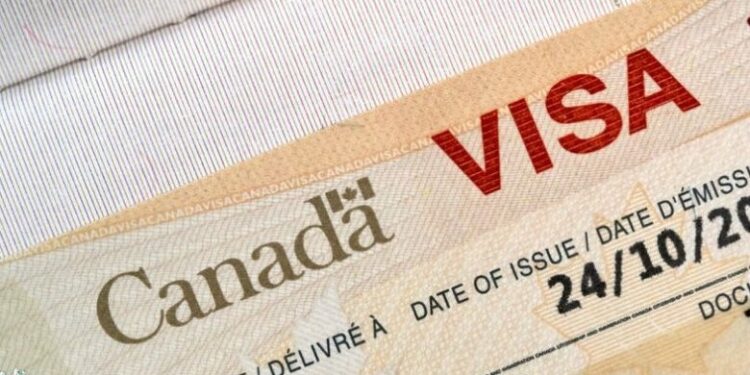By John Ikani
In a move to promote tourism and strengthen global bonds, Canada has unveiled a new visa-free travel initiative for visitors from 13 countries across Asia, Africa, Central, and South America.
The Canadian government announced the expansion of the electronic travel authorization, commonly known as the eTA program, making it easier for “known travellers” from the countries to visit Canada for both business and leisure purposes.
The countries benefiting from the visa-free travel arrangement include Antigua and Barbuda, St Lucia, Trinidad and Tobago, St Kitts-Nevis, Panama, Argentina, Costa Rica, Uruguay, Morocco, Seychelles, St. Vincent and the Grenadines, Thailand, and the Philippines.
Notably, the inclusion of Morocco and Seychelles from Africa marks a significant step towards enhancing international relations, although Nigeria, the continent’s most populous nation, was not included in this list.
Sean Fraser, the Minister of Immigration, Refugees and Citizenship, highlighted the positive implications of this expansion.
“The expansion of the eTA program not only makes it more convenient for known travellers from these countries to visit Canada for fun and business, but it also boosts travel, tourism, and economic benefits,” he stated.
The move aims to facilitate hassle-free travel for visitors and foster stronger ties between Canada and the 13 countries involved.
One of the key advantages for known travellers from these countries is the significant cost savings resulting from visa exemptions.
Currently, a visitor visa to Canada costs $100 per person or $500 for a family of five or more. In contrast, an eTA can be obtained for as little as seven dollars per person and remains valid for up to five years.
The substantial reduction in fees is expected to encourage more travellers to explore the diverse attractions that Canada has to offer.
Summarily, the introduction of visa-free air travel to Canada will not only expedite the entry process but also make it more affordable for thousands of visitors.
With the new initiative, travellers can stay in Canada for a period of up to six months for business or leisure purposes, fostering cultural exchanges and facilitating international business collaborations.




































